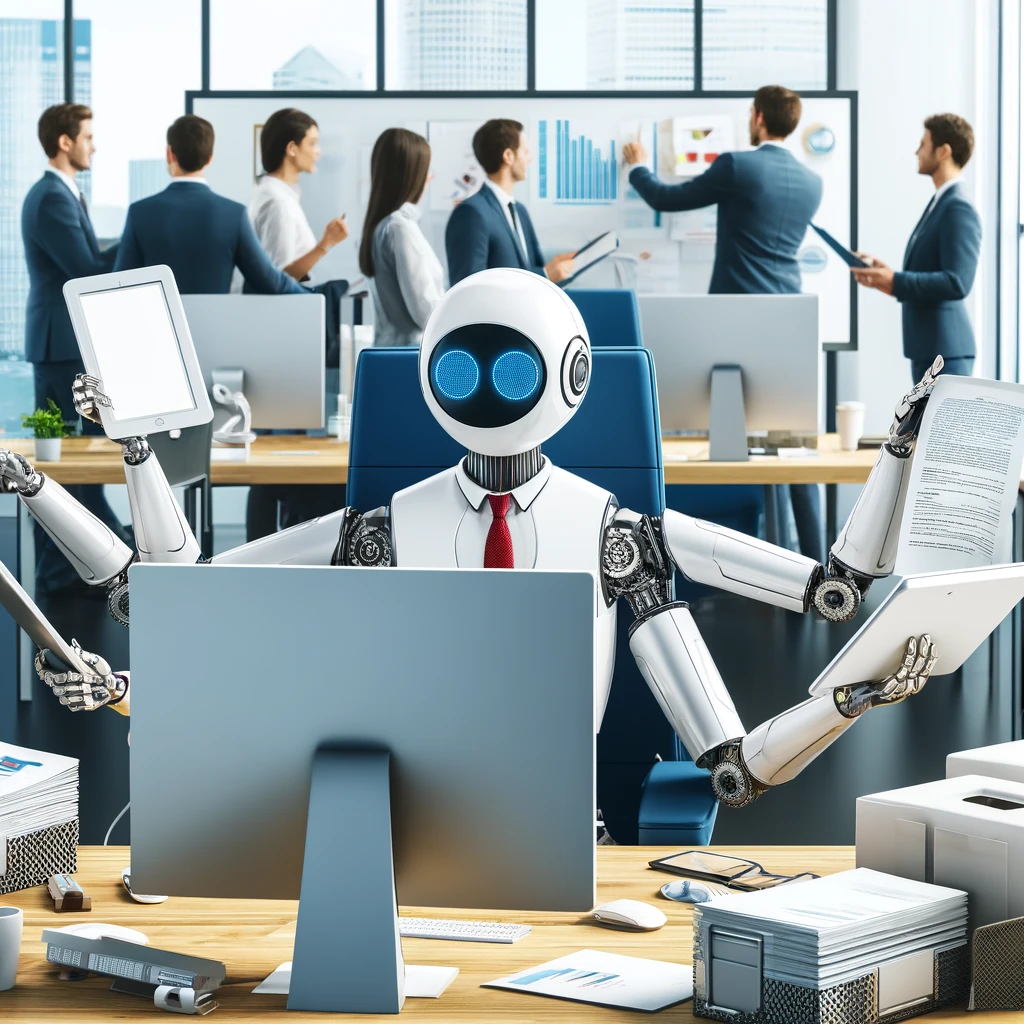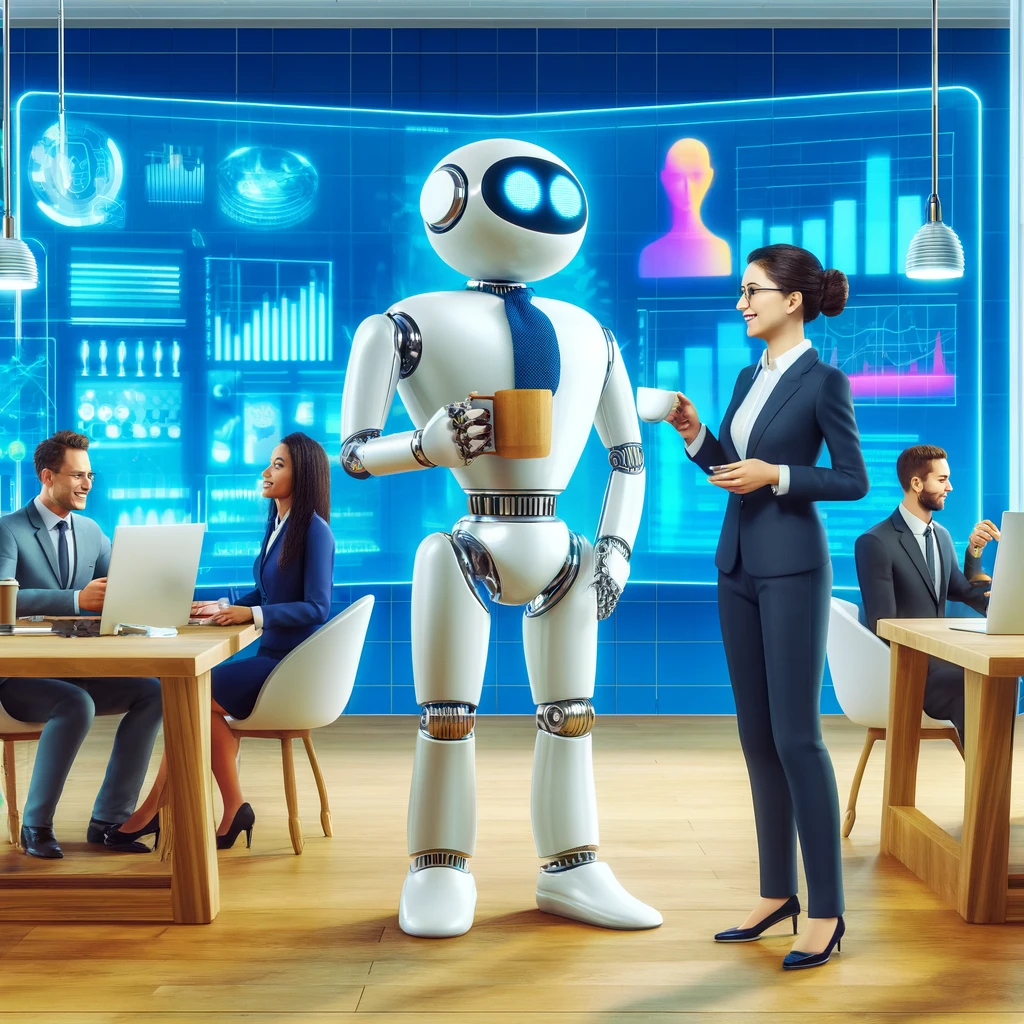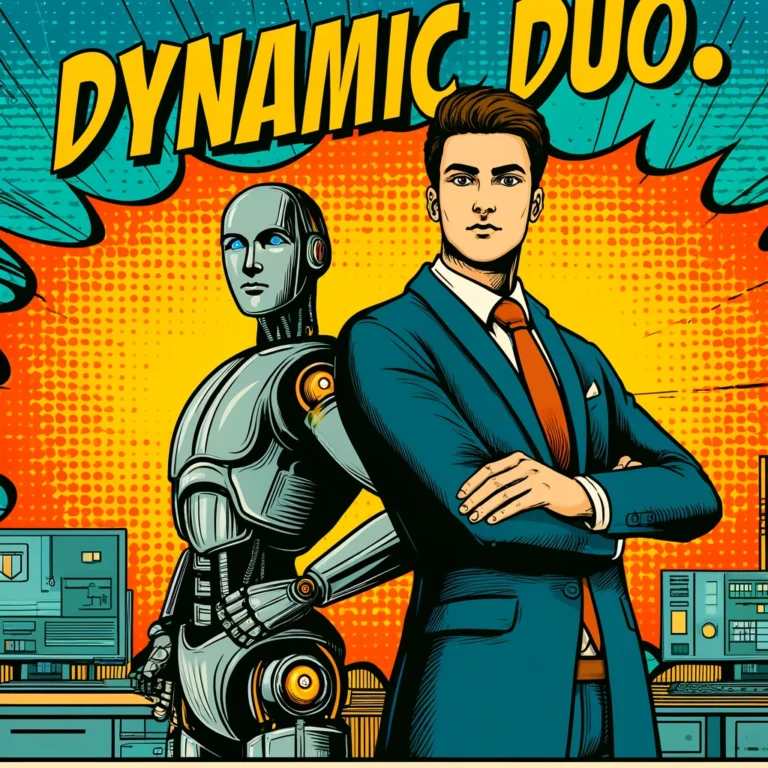When you think of AI, you might imagine a futuristic world with robots doing your laundry and making your morning coffee. While we’re not quite there yet (unfortunately, you still have to do your laundry), AI has already made significant strides in various fields, including project management. AI isn’t just a fancy buzzword anymore—it’s a game-changer that’s transforming how projects are managed and executed.
The Power of AI in Project Management
Imagine having a project management assistant who never sleeps, never forgets a task, and has an uncanny ability to predict potential pitfalls. That’s AI for you. By leveraging AI technologies such as deep learning and generative AI, project managers can streamline workflows, optimize resources, and make data-driven decisions.
According to a Project Management Institute (PMI) report, “AI will free project managers from administrative tasks and allow them to focus more on strategic and leadership responsibilities.” Essentially, AI is here to tackle the mundane so that project managers can shine where it truly matters.

Responsible AI: The Ethical Backbone
But wait, before you get too excited about your new digital assistant, let’s talk about responsible AI. Like any powerful tool, AI comes with great responsibility. Implementing AI in project management requires a thoughtful approach to ensure ethical use and fairness. Responsible AI involves developing systems that are transparent, accountable, and free from biases.
For instance, when AI algorithms make recommendations or predictions, it’s crucial to understand how they arrive at those conclusions. This transparency helps project managers trust and effectively utilize AI insights without blindly following them.
Real-World Applications: AI in Action
AI’s impact on project management isn’t just theoretical. Here are some real-world examples that highlight its potential:
- Risk Management: AI can analyze historical project data to predict potential risks and suggest mitigation strategies. This proactive approach helps in preventing issues before they become major problems.
- Resource Optimization: By analyzing workload patterns and employee performance, AI can help project managers allocate resources more efficiently, ensuring that the right people are working on the right tasks at the right time.
- Decision Support: AI-powered tools can provide project managers with data-driven insights to support decision-making. This can range from selecting the best vendors to determining the most efficient project timelines.
Generative AI: Creativity Meets Efficiency
Generative AI isn’t just for creating deepfakes or writing quirky short stories. In the realm of project management, it can be used to generate project plans, draft reports, and even create visual content for presentations. This saves time and allows project managers to focus on higher-level strategic tasks.
A Project Times article highlights that “the collaboration of AI and Agile methodologies can lead to more adaptive and responsive project management practices.” This means that AI can help project managers not only plan better but also adapt to changes more swiftly.

The Human Touch: Why Project Managers Are Still Essential
Despite all these advancements, AI isn’t here to replace project managers. Instead, it acts as a powerful ally. The human touch—empathy, leadership, and strategic thinking—remains irreplaceable. Project managers who leverage AI tools can enhance their capabilities, making them even more effective leaders.
Teresa Durham Consulting: Your Partner in AI-Enhanced Project Management
At Teresa Durham Consulting, I specialize in integrating AI into project management processes to help businesses achieve their goals more efficiently. Whether it’s through implementing AI-powered tools or providing strategic guidance, my goal is to empower project managers to leverage technology effectively. Check out my services page to learn more about how I can help your business stay ahead of the curve.






